Virus recoveries climb in Saudi Arabia as new cases hit plateau
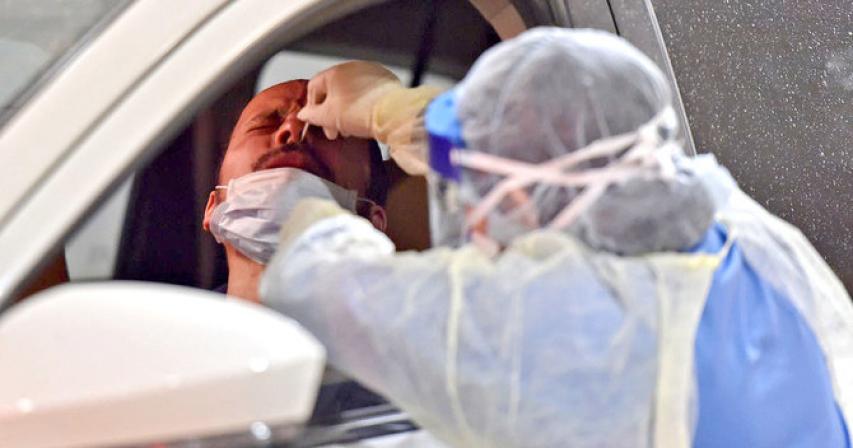
JEDDAH: Saudi Arabia is recording a steady decline in the number of coronavirus cases and recoveries outpacing infections.
On Tuesday, the Kingdom recorded 252 new cases of coronavirus disease (COVID-19), marking the fifth consecutive day of daily cases lower than 300.
According to the Saudi Health Ministry, the total number of confirmed cases in the Kingdom since the beginning of the outbreak has risen to 355,741.
The ministry said 495 more people have recovered from COVID-19 raising the number of recoveries to 344,311.
All cities in the Kingdom reported less than 50 new cases with Riyadh registering 33, Madinah 19, and Makkah 18. The remaining cases were reported from different parts of the Kingdom.
According to the ministry, there were 5,619 actives cases, of which 743 were critical.
The death toll due to virus-related complications has risen to 5,811 with 15 new fatalities on Tuesday.
In the last 24 hours, 55,276 polymerase chain reaction tests were conducted across the Kingdom.
The Kingdom will be among the first countries in the world to obtain a vaccine for COVID-19.
Saudi Arabia is set to release a schedule of vaccine arrivals to the country in the coming weeks.
The Health Ministry will offer free vaccines to citizens and expats who have not yet contracted the virus.
Saudi Arabia will obtain a large amount of vaccines through COVAX, which is a global initiative working with vaccine manufacturers to provide countries around the world with equitable access to safe and effective vaccines once they are licensed and approved.
While the second track is direct contracting with the big companies to cover the gap that cannot be covered through COVAX.
The ministry urged anyone displaying possible symptoms of coronavirus disease to visit one of its Tetamman (Rest Assured) clinics to be tested for the virus. There are about 235 of these clinics across the country, and appointments for tests can be booked through the Sehaty app.
The ministry has also set up health centers, called Takkad (Make Sure), to cater to people who show no or only mild symptoms of the disease, but think they might have come into contact with someone who was infected.

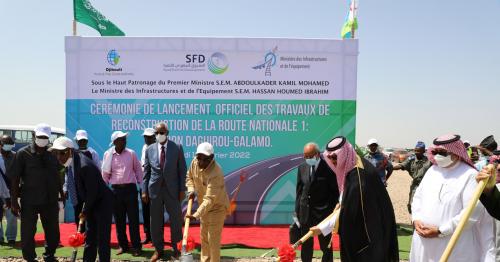
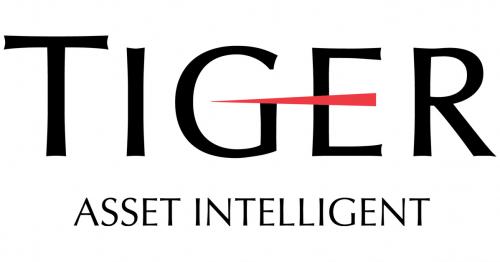
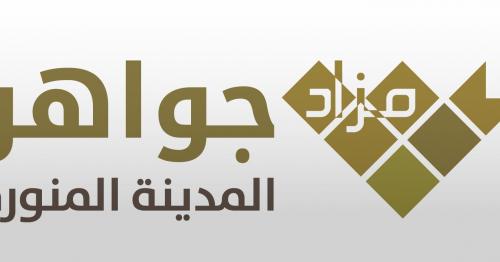
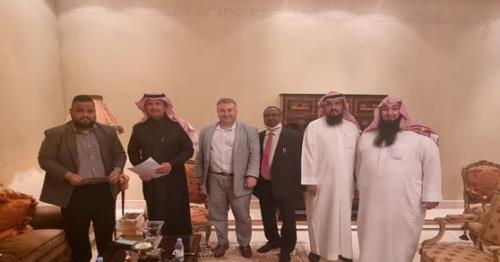
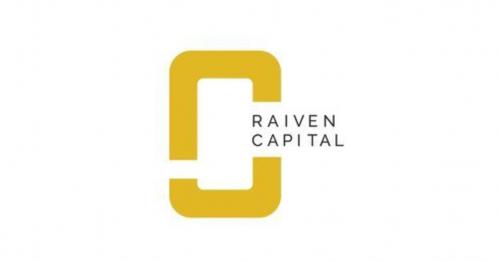
Comments